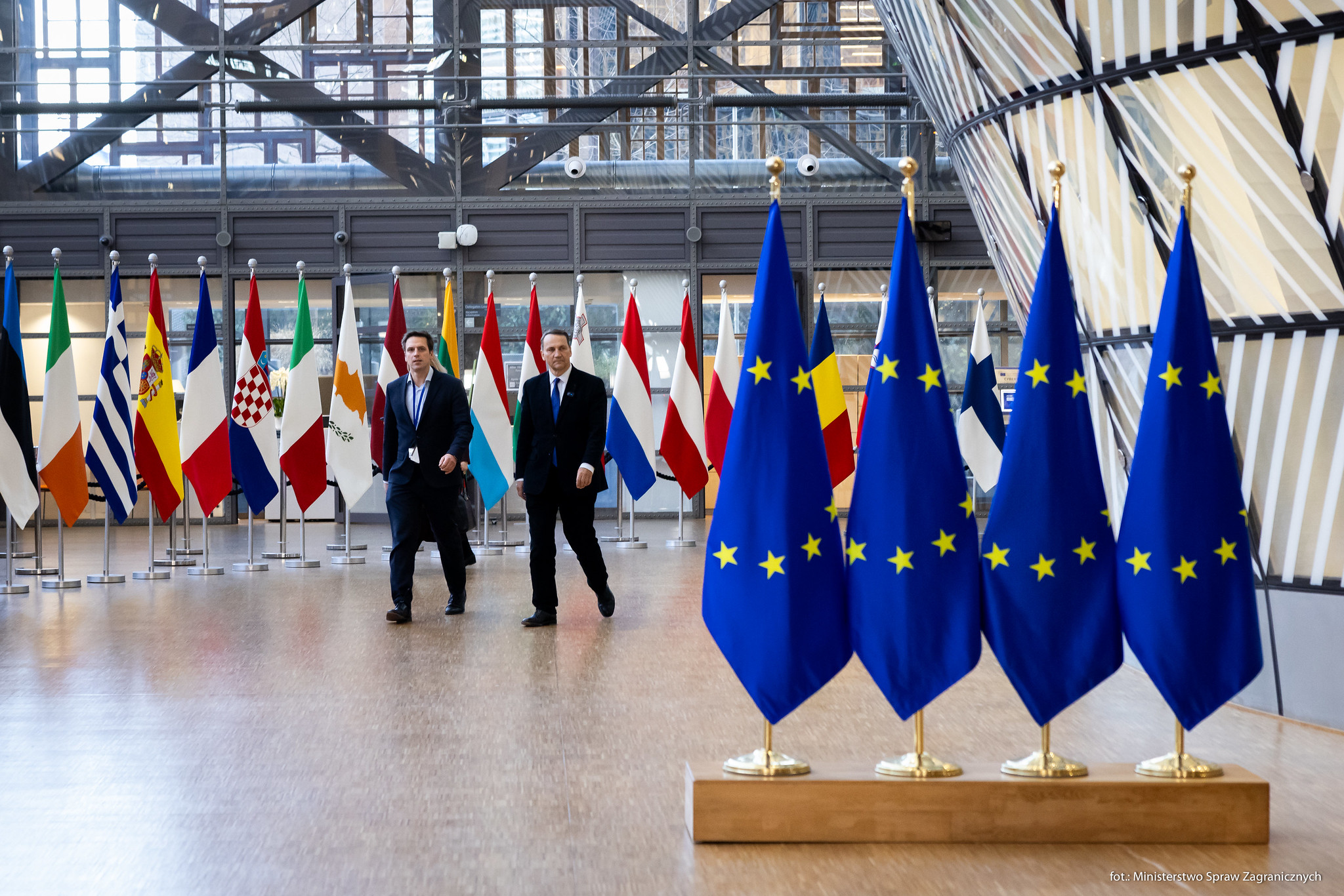The transatlantic world will never be the same

Once upon a time, the United States saw the contest between democracy and authoritarianism as a singularly defining issue. It was this outlook, forged in the crucible of World War II, that created such strong transatlantic bonds. For many decades, the US-European alliance was not only about security, but ideology and shared values. That is why the relationship endured for 80 years.
But now, thanks to US President Donald Trump, the world of just two months ago has already come to feel like distant history. The very nature of the West is changing at lightning speed before our eyes. So sudden and disorienting is the disruption that many have been left grasping for an anchor. The new reality became apparent when the US joined Russia and a few other outcast authoritarian countries to vote against a UN General Assembly resolution condemning Russia’s aggression against Ukraine on the third anniversary of the full-scale invasion. That was a watershed—a date that will live in infamy.
Obviously, the implications of the new US foreign policy are profound. No one can deny that the transatlantic security alliance is fraying. Political leaders might feel a duty to insist publicly that the old mutual defence commitments remain solid; but they are not fooling anyone—not even themselves. The credibility of the alliance depends on the person in the White House, and that person has no credibility when it comes to matters of transatlantic security.
Moreover, we are witnessing a marked departure from the first Trump administration, which at least kept the transatlantic ideological alliance largely intact. Vice President J D Vance’s speech at the Munich Security Conference indicated that this time is different. His message sent shockwaves through European security, defence, and foreign policy circles. Not only did he dismiss as irrelevant the security issues that have anchored NATO for three-quarters of a century; he completely redrew the ideological map in such a way as to pit Europe and the US against each other. Suddenly, the US looked not like an ally, but like an adversary.
The MAGA fundamentalists at the core of the Trump administration are engaged in a culture war that aims to transform US society. Their project is largely a reactionary counterrevolution against liberal tendencies that they believe have subverted their country. MAGA wants to return to a more martial, conservative and semi-isolationist version of American exceptionalism. As such, its defining struggle has nothing to do with the contest between democracy and authoritarianism. Those words hardly figure in its narratives.
Given the nature of its culture-war project, MAGA sees Europe as an adversary. Vance, who has aligned his rhetoric with European right-wing extremists, argues that Europe is ‘at risk [of] engaging in civilisational suicide.’ Similarly, Elon Musk, Trump’s top financial backer and aide, has openly campaigned for far-right parties in Germany and Britain. Looking ahead, we will almost certainly see more of this advocacy in countries like Poland and Romania (where a court annulled a first-round election result last year, citing Russian interference). Since MAGA ideologues see open, liberal European societies as extensions of their enemies at home, their support for illiberal, anti-democratic forces is perfectly logical.
They also have a fundamentally different view of Russia. It is no coincidence that their rhetoric often echoes that of Russian President Vladimir Putin’s regime (sometimes almost word for word). MAGA and Putin alike espouse aggressive nationalism and hostility toward liberal values; they both carry on endlessly about sovereignty and the role of strong leaders and strong nations in shaping the future. Whether you are in the Kremlin or the White House, the so-called globalists are the enemy.
Whereas the Biden administration obviously wished for regime change in Russia—even if this was never expressed as an official policy goal—the Trump administration wants regime change in Europe. Europe is no longer an ally, but an enemy; and though Russia might not (yet) be a full US ally, nor is it an adversary. Putin’s regime has a closer ideological affinity with the current US administration than the Europeans ever will.
If there is any hope for the transatlantic world, it lies in the fact that the US is not uniform. Contrary to what he claims, Trump has no mandate to do what he is doing. But with US society so polarised, its political trajectory is not easy to predict. Even if a partial return to the old order is still possible, the forces driving the reactionary counterrevolution will be around for years to come.
The world must take note and shape its policies accordingly. Europeans can hope for the best, but they must prepare for the worst. What once seemed impossible—a rogue US—has become all too likely.









